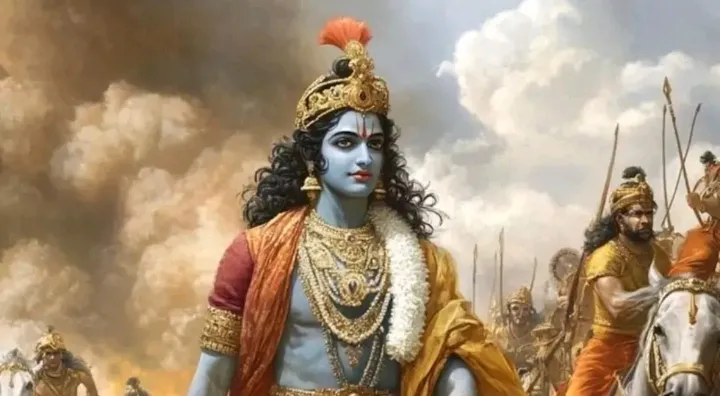A Random Q&A game ...welcome 🎮
1. Plagiarism as a Concept: The Surface and the Depth
Plagiarism, in its modern context, refers to taking someone else's ideas, words, or creations and presenting them as your own without proper acknowledgment. It assumes the existence of originality, a claim to ownership over intellectual output.
• Critical Question: Is originality even possible, or are all ideas a continuation of past influences?
Buddha’s Perspective (No-Self and Interdependence):
• Buddha would argue that the self is an illusion; therefore, "ownership" of ideas is also an illusion. Every thought arises from causes and conditions (dependent origination). How, then, can we claim exclusive credit for something inherently interdependent?
Rumi’s View (Universal Inspiration):
• Rumi says:
“Don’t claim originality. Be a clear channel for the divine to pass through you.”
Creativity, according to Rumi, is not "owned" by an individual but flows through them from a higher source or collective consciousness.
Indian Philosophy (Vedanta and Collective Consciousness):
• Vedanta emphasizes that the individual ego (ahamkara) is a false construct. The ultimate reality (Brahman) is universal and shared. In this view, ideas are not "owned" but part of the collective mind.
• Similarly, the Rigveda states:
“Truth is one; sages call it by different names.”
Plagiarism, then, might be seen as irrelevant in a...




